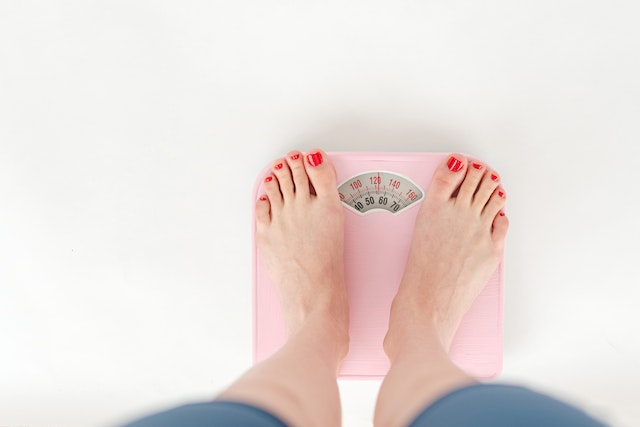Introduction:
Pregnancy is a beautiful and transformative journey in a woman’s life, accompanied by various physiological changes.
One such change that may occur during pregnancy is fluctuations in cholesterol levels. Cholesterol, a waxy substance found in the body, plays a vital role in hormone production and overall health.
However, when cholesterol levels become elevated, it can raise concerns for expectant mothers.
In this article, we will explore the relationship between cholesterol and pregnancy, discussing whether high cholesterol during pregnancy is normal and the potential risks involved.
Understanding Cholesterol:
Cholesterol is a naturally occurring substance produced by the liver and obtained from certain foods.
It is classified into two types: low-density lipoprotein (LDL) cholesterol, often referred to as “bad” cholesterol, and high-density lipoprotein (HDL) cholesterol, known as “good” cholesterol.
LDL cholesterol can build up in the arteries and increase the risk of heart disease, while HDL cholesterol helps remove LDL cholesterol from the bloodstream.
The Link Between Cholesterol and Pregnancy:
During pregnancy, hormonal changes can impact cholesterol metabolism in the body.
Research suggests that pregnancy hormones, such as estrogen and progesterone, can alter the way cholesterol is processed, leading to increased cholesterol levels.
Additionally, the body requires cholesterol for the production of hormones necessary for the development of the fetus.
These hormonal changes, combined with dietary and lifestyle factors, can contribute to high cholesterol during pregnancy.
Is High Cholesterol During Pregnancy Normal?
While elevated cholesterol levels are relatively common during pregnancy, it is essential to monitor them closely.
The American Heart Association recommends that pregnant women should maintain their total cholesterol levels below 200 mg/dL.
If cholesterol levels exceed this threshold, it may increase the risk of certain complications, such as:
Gestational Diabetes:
Studies have shown a correlation between high cholesterol and the development of gestational diabetes.
Elevated cholesterol levels can impair insulin sensitivity and glucose regulation, potentially leading to gestational diabetes.
Pre-eclampsia:
Pre-eclampsia is a condition characterized by high blood pressure and damage to organs, typically occurring after the 20th week of pregnancy.
Research suggests that high cholesterol levels may be associated with an increased risk of developing pre-eclampsia.
Cardiovascular Health:
High cholesterol during pregnancy can have long-term effects on a woman’s cardiovascular health.
It may contribute to the development of atherosclerosis (plaque buildup in the arteries) and increase the risk of heart disease later in life.
Managing Cholesterol During Pregnancy:
To maintain healthy cholesterol levels during pregnancy, consider the following tips:
Balanced Diet:
Focus on a well-rounded diet that includes whole grains, lean proteins, fruits, vegetables, and healthy fats.
Avoid foods high in saturated and trans fats, as they can raise LDL cholesterol levels.
Regular Exercise:
Engage in low-impact exercises, such as walking or swimming, as recommended by your healthcare provider.
Regular physical activity can help regulate cholesterol levels and promote overall cardiovascular health.
Prenatal Care:
Attend regular prenatal check-ups and discuss your cholesterol levels with your healthcare provider.
They may recommend specific dietary changes or prescribe medication if necessary.
Medication:
In some cases, lifestyle modifications may not be sufficient to control high cholesterol during pregnancy.
If your cholesterol levels remain elevated despite dietary changes, your healthcare provider may prescribe safe cholesterol-lowering medications.
Conclusion:
While high cholesterol levels during pregnancy are relatively common, it is important to monitor and manage them effectively.
By maintaining a healthy lifestyle, including a balanced diet and regular exercise, you can reduce the risks associated with high cholesterol during pregnancy.
Remember to consult with your healthcare provider for personalized advice and guidance throughout your pregnancy journey. Taking proactive steps to manage your cholesterol levels will contribute to your overall well-being and the health of your baby.


